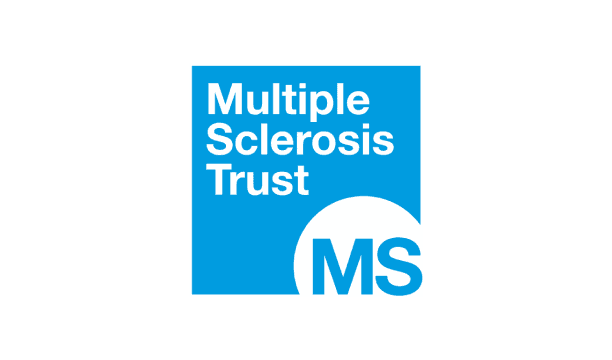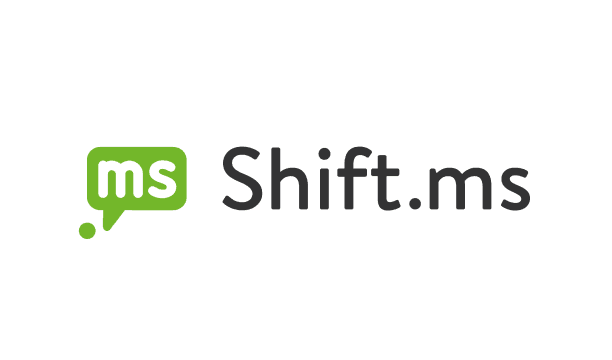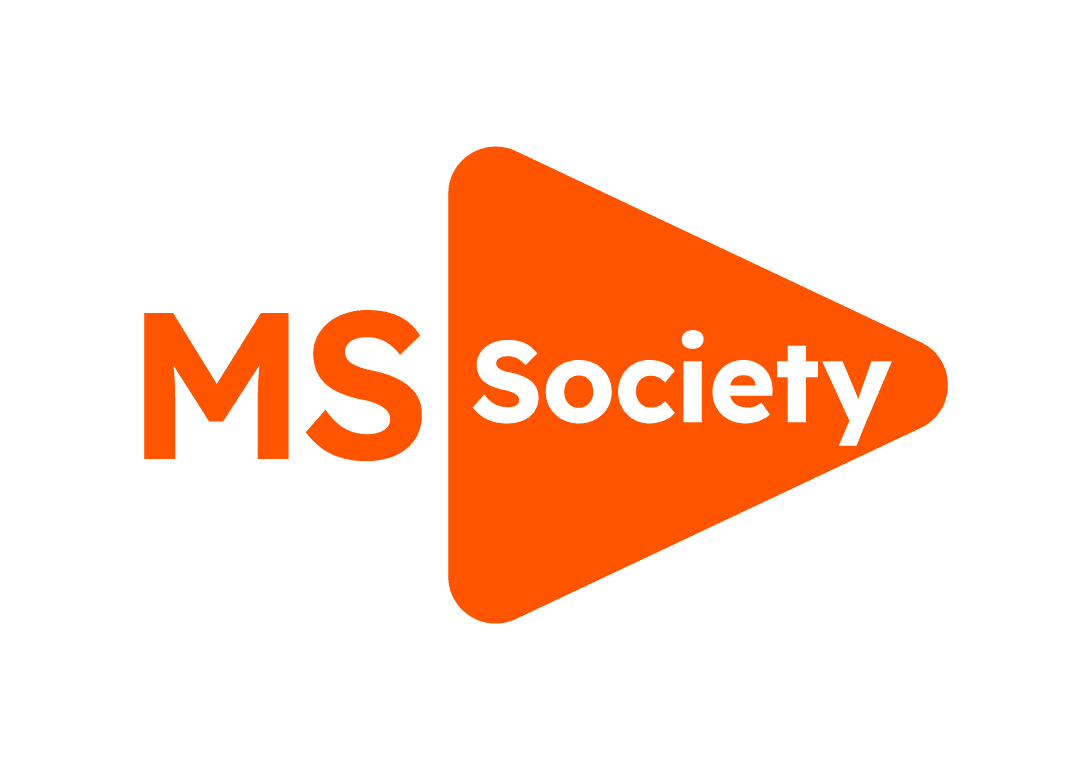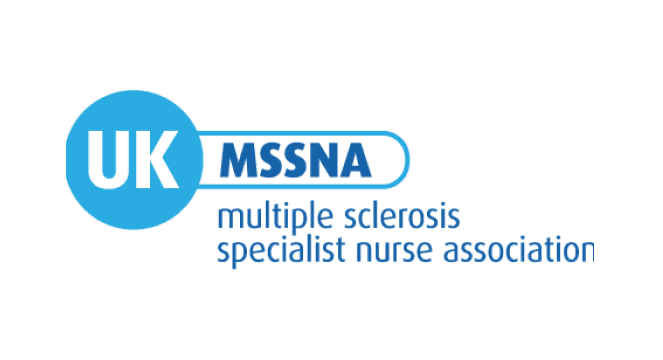Before you watch this webinar
Enhancing your learning experience begins with understanding you better. Collecting data enables us to tailor our educational content specifically for our audience. Discover more about how we handle your information in our Privacy Policy.
Event
#MSCovid19 Question Time
Questions
- 0:10 – Your advice for a patient who has been on Tecfidera since May 2019 and has a lymphocyte count of 0.6 for 5 months?
- 1:26 – Should we undertake additional lymphocyte monitoring in patients who are on DMTs and have been Covid positive, given that a drop in lymphocytes is a feature of Covid infection? Eg post-discharge if admitted & before restarting if stopped.
- 2:07 – If serology tests for SARS-CoV2 were widely available, which group of MS patients on DMDs would you test first? Natalizumab?
- 6:10 – What advice should be given to patients who are shielding/self-isolating and if their children go back to school whilst still shielding?
- 7:59 – Pregnancy: should pwMS be postponing family planning decisions until after the pandemic is over?
- 10:02 – Is there any advice you would give to help someone who is lonely and socially isolated?
- 12:00 – Can we increase the interval between doses of Tysabri, Ocrelizumab, Lemtrada, Cladribine, and other MS medication during the curfew period? If yes, what would be the safe frequency for each medication? Is there a reference that can be shared with us, please?
- 16:10 – Today I was told that – certainly in the Oxford University trust – there may be a change in advice to ocrelizumab patients from strict social distancing to full-on isolation. Is this true or a mixed message?
- 17:36 – I was wondering if given the proven lack of efficacy of the principal DMT in patients older than 55 years old and the major risk of death of COVID-19 in the elderly it would be rational to think about discontinuing therapies in patients above 60 years. And if this would apply to all the available DMT?
- 21:03 – I have been trying to get some of our patients on the at-risk register as they have complex needs and this would allow them to have priority with online shopping etc. I have tried the GPs and acute trust to find out how to register them as well as the government website. No luck can you help?
- 25:01 – What is the pharmacist’s main role in the MS team during COVID-19? How can they add to the quality of patient care during this time?
- 27:10 – What are your thoughts on the possible social stigma associated with MS?
- 32:47 – Do you expect immunosuppressed patients to have ATYPICAL presenting symptoms for COVID-19?
- 39:52 – I have a question regarding Ocrelizumab. PWMS started this treatment in December 2019, has had the first two initial half doses. could you please tell me what is your opinion on this and the safety of receiving the second dose in June of this year. The patient is on furlough and is shielding himself.
- 42:30 – Should a 66 year-old with SPMS (MS diagnosis in 1976) be more careful, when trying to follow the guidelines? Should this lady stay inside or can she exercise in the local fields/parks?
Q: Where can we register our patients at risk for support?
The website for patients to self-register for support is: www.gov.uk/coronavirus-extremely-vulnerable
Q: We have gone through all of our patients and stratified them. The patients are actually preferring to be high risk, the moderate and low risk patients tend to complain more.
Once a patient has been told they need to shield, it is easier to know what they need to do and also they may feel a heightened sense of control – the moderate and low risk patients may feel more anxious about the daily activities they are undertaking. It may be that advising patients this is the minimum you should do but undertaking more isolation / shielding can be undertaken if they feel it will help.
Q: With regard to shielding – Should patients on interferons and Copaxone be advised to shield, as ABN guidance says not the most risky treatment?
This would be an individual decision and would depend on comorbidities. But the interferons and Copaxone alone wouldn’t be a reason to shield.
Q: We have good experience with reduced doses of Tecfidera in prolonged lymphopenia, so potentially reducing the dose to 120mg BD or 120mg OD might work instead of switching treatment to other DMT.
If the patient has prolonged lymphopenia then yes reducing the dose may help (note this is unlicensed).
Q: Would you recommend postponing cladribine first dose if patients are not very active?
Delaying the dose of cladribine may be appropriate – see ABN guidance
Were you registered on this course?
Log in to access resources..
LoginOur sponsor

This activity has been supported by sponsorship from and Roche. The sponsor has had no control over the educational content of this activity.
Speakers
 Prof Gavin Giovannoni
Prof Gavin GiovannoniProfessor of Neurology, Barts and The London School of Medicine and Dentistry
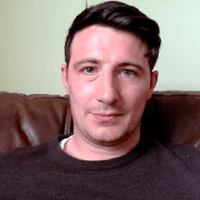 George Pepper
George PepperCo-founder and CEO, Shift.ms
 Joela Mathews
Joela MathewsLead neuroscience pharmacist, Barts Health NHS Trust
 Phillip Anderson
Phillip AndersonHead of policy, MS Society
 Megan Roberts
Megan RobertsIndependent MS nurse consultant, MS Trust
Encouraging excellence, developing leaders, inspiring change
MS Academy was established five years ago and in that time has accomplished a huge amount. The six different levels of specialist MS training are dedicated to case-based learning and practical application of cutting edge research. Home to national programme Raising the Bar and the fantastic workstream content it is producing, this is an exciting Academy to belong to.
